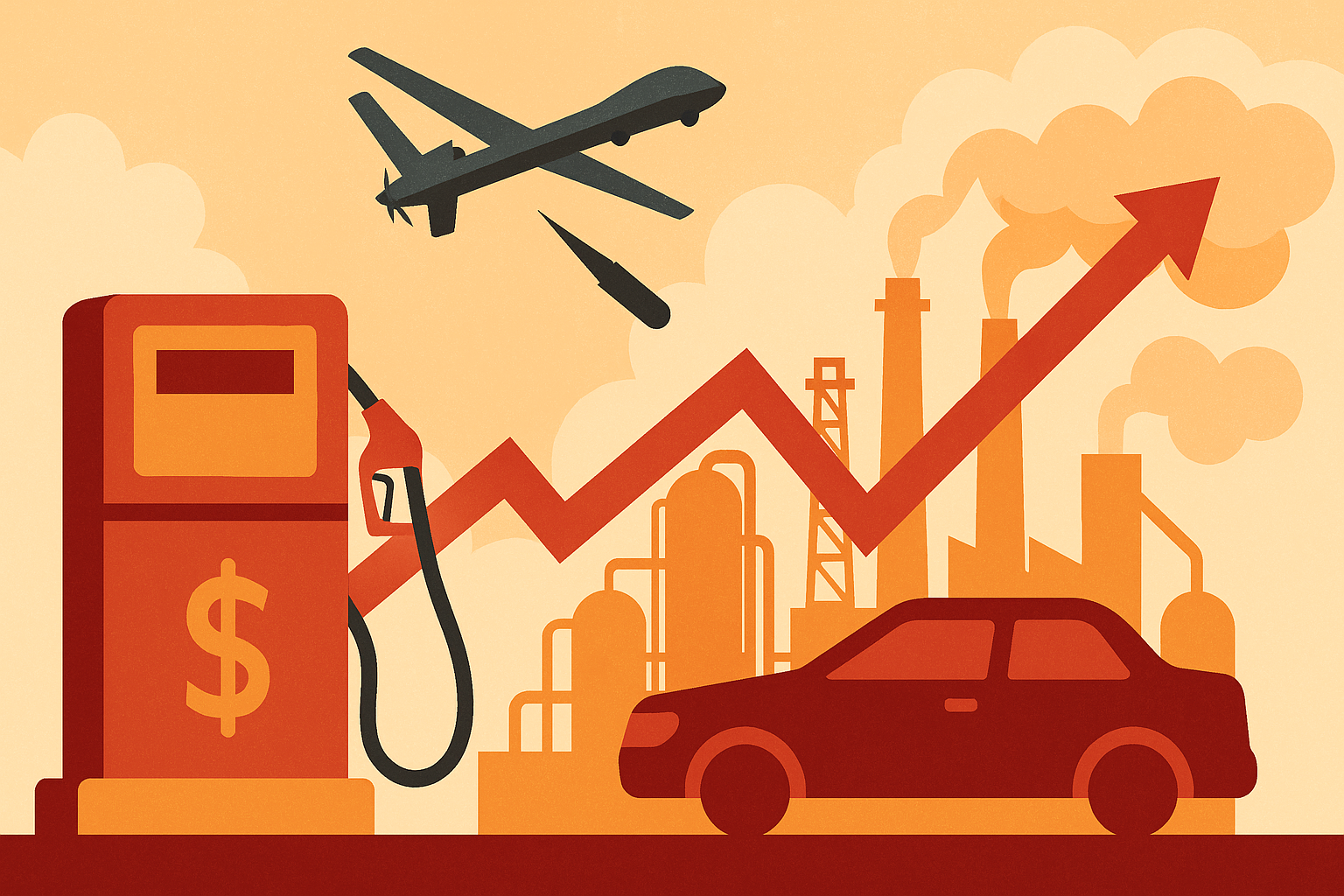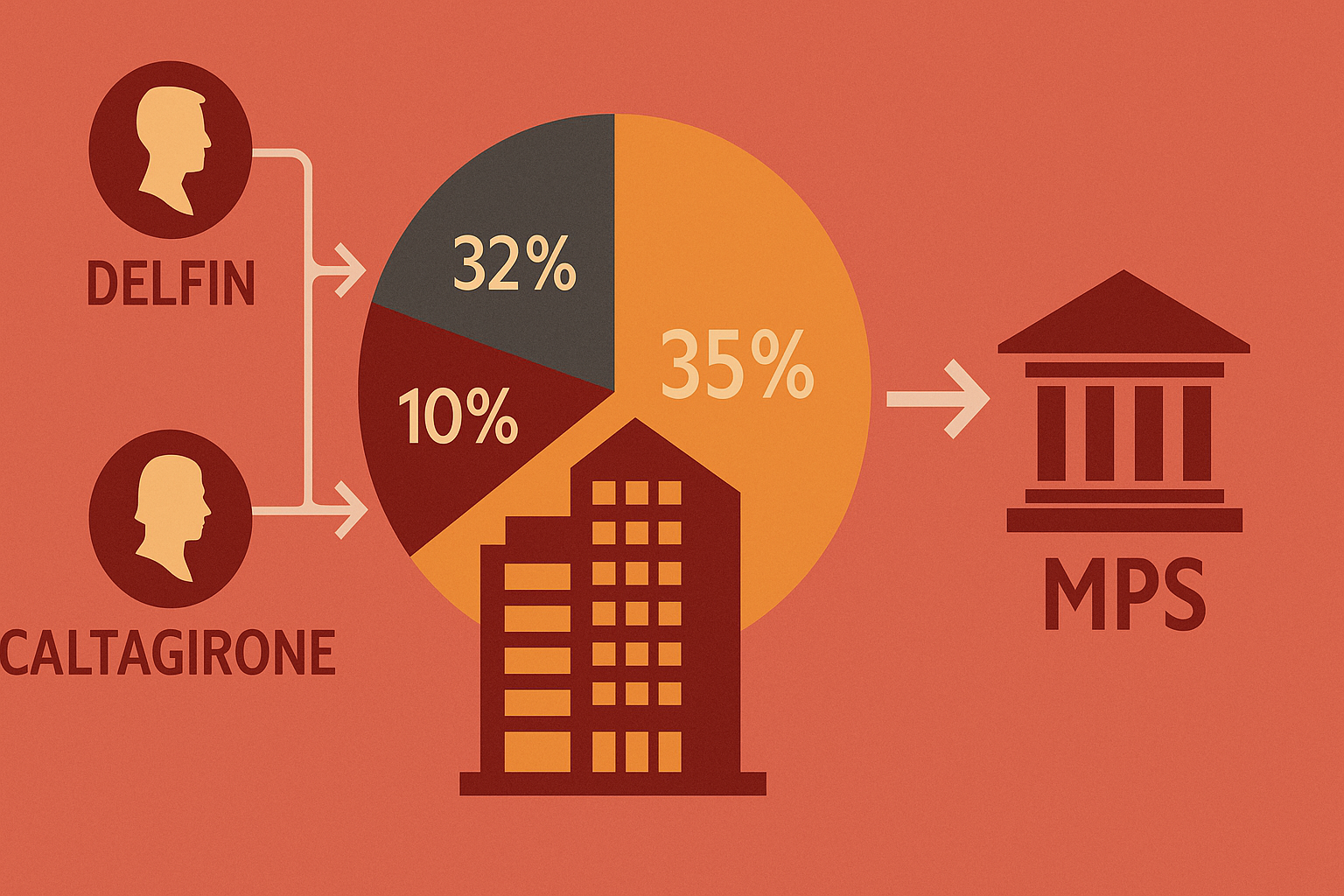Russia is grappling with record petrol prices and regional shortages after a wave of Ukrainian drone strikes targeted oil refineries, underscoring the war’s mounting domestic economic toll.
Rising Prices and Supply Strains
Wholesale prices for Russia’s main petrol grade (A95/Euro 95) surged to Rbs82,300 ($1,023) per tonne on the St Petersburg exchange this week — a 55% rise since the start of 2025, and 8% just in August. This marks the highest level since records were set in September 2023.
The spike comes despite Moscow suspending all petrol exports on July 28, an attempt to divert supply to the domestic market. Analysts say the measure boosted internal shipments by 150,000 tonnes in August but failed to curb price growth, pointing to a “partial supply deficit.”
Retail fuel prices, though more tightly controlled, have still climbed 9% over the past year, with regional shortages and rationing reported.
Impact of Ukrainian Strikes
Since July, Ukraine has struck at least four major Russian refineries, including the Novoshakhtinsk facility, which produces around 5mn tonnes of fuel annually. Analysts estimate about 10% of refining capacity has been knocked offline.
The strikes have also disrupted railway infrastructure, leading to delays in freight deliveries of fuel and creating knock-on effects for civilian travel. These disruptions, combined with a rise in car use, have intensified demand pressures.
Ukrainian officials have confirmed that Russia’s oil sector remains a central target of its long-range campaign. Kyiv has signaled that further strikes are planned, suggesting the disruptions may persist.
Regional Shortages and Public Frustration
Shortages have been most severe in areas far from Russia’s industrial centers. In the Zabaykalsky region, bordering Mongolia, some stations have rationed fuel using coupons — a system reminiscent of the late Soviet era. Crimea, annexed by Russia in 2014, has also reported outages.
Social media users voiced frustration over rising costs. “What’s this madness with petrol? Did we suddenly get rich?!” one resident of Chita wrote in a local chat group.
Government Measures and Outlook
Authorities have stopped publishing official fuel stockpile data, citing security concerns, adding to public unease. Analysts suggest Moscow may increase imports of petroleum products from Belarus to cover shortfalls.
Despite the pressure on petrol, diesel supplies remain stable. As most heavy vehicles, agriculture, and military equipment rely on diesel, analysts believe a full-scale fuel supply crisis remains unlikely in the near term.
Still, experts caution that unless refining capacity is restored, shortages and price spikes could persist into September. “The consumer market may face unprecedented problems,” said Sergey Vakulenko of the Carnegie Endowment, while adding that systemic disruption is not yet imminent.








